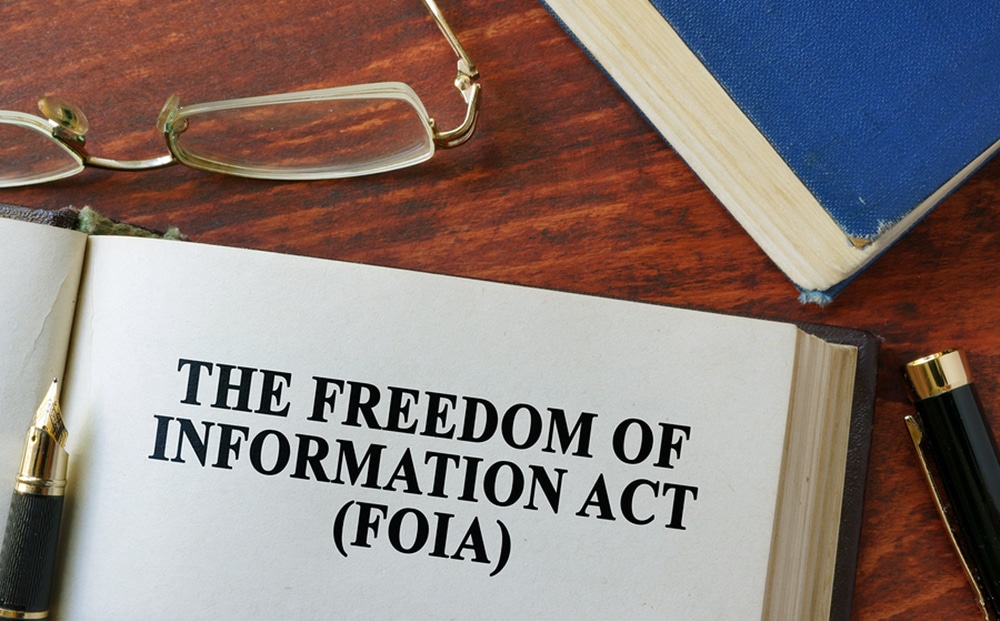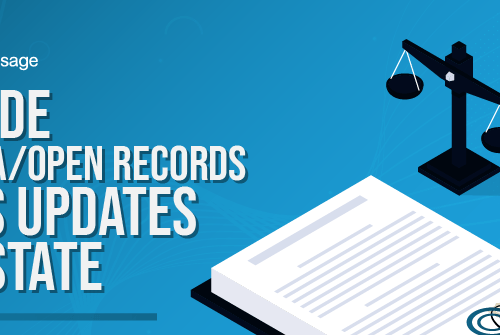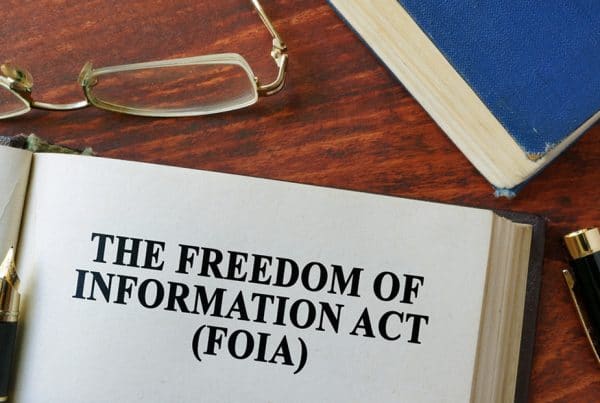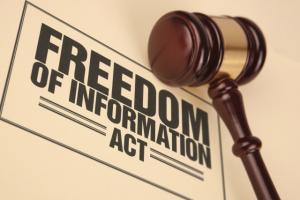In order to support the objectives of Freedom of Information Act and State Open Record Laws for transparent and accountable government, the National Archives and Records Administration (NARA) mandates all government agencies to manage all business-related messages, including text messages sent by government employees, in electronic format by December 31, 2019.
According to the mandate, government agencies should also be able to “identify, retrieve, and retain those records for as long as they are needed” so they can locate and deliver them in a timely manner.
One of the bases for this mandate is the 2015 Public Records Act decision by the Washington state Supreme Court. The court, in a unanimous decision that included some precedents, held that “text messages sent and received by a public employee in the employee’s official capacity are public records of the employer, even if the employee uses a private cell phone.”
But while these rulings are clear about the responsibilities of government agencies to preserve and manage text messages like other public records, there are still some organizations that are taking a completely different route to “compliance” – entirely prohibiting their employees from texting at work.
But is a no-texting policy an effective strategy to keep government agencies compliant with FOIA and Public Records Act text message archiving requirements?
No-Texting Policy Is Not a Road to Compliance
Some local government agencies tried instituting a ban on text messaging thinking that it would exempt them from the requirement to have a well-designed archiving system that can capture and record text messages both on government-issued and personal devices. However, they soon realized that enforcing such a ban was impossible given the pervasiveness of mobile devices and text messaging in the contemporary workplace.
Many public employees use text messaging to conduct local business and to relay critical information to their colleagues in a more friendly and efficient manner than the traditional email. Regardless of the device model, mobile OS, and whether the text message in question took place on a government-owned or personal device – public agencies have no excuse from retaining texts related to public business.
NARA is well-aware of this trend and will, in fact, check the mobile phones of the government employees – regardless of the agency have a no-texting policy or not. If they find there are work-related text messages in the employee’s devices that are not being captured and retained, the agency or the public official may end up paying a large fine or even face a high-profile litigation on the court.
Furthermore, local taxpayers may lose their trust in the agency or on a public official if they learn that they must pay legal fees and hefty fines caused by missing text records. When public records cannot be accessed and produced quickly, it may cause the public to doubt the agency’s transparency and accountability. Therefore, work-related text messages, along with occasional attached image or document, must be archived and retained if the agency intends to keep its integrity and reputation.
Make Texting Safe By Using an Enterprise-Grade Archiving Platform
According to statistics, two-thirds of public organizations allow their employees to use their personal devices for official business, yet only 35% of them are retaining SMS/Text messages.
Without a detailed text messaging policy and an enterprise-grade archiving solution, government agencies allowing their employees to text will also face the same level of compliance risks as those that impose no-texting policy at work. Aside from establishing rules that detail what constitutes as a business record and how they will be captured and retained, open records managers, compliance teams, and government leaders should also deploy an enterprise text message archiving platform that can capture and retain text messages, voice calls, and other work-related mobile content in real-time.
With TeleMessage, public agencies can easily comply with the Public Records, FOIA, and Sunshine Laws requirements on archiving text messages. The TeleMessage Mobile Archiver is an enterprise messaging app that effectively addresses compliance, regulatory, eDiscovery response requirements and reduces risk across the government sector. TeleMessage captures and records mobile content, including SMS/text, MMS,social media and web, IM and collaboration chats, and voice calls of employees.
TeleMessage also integrates leading email archiving vendors, enabling government agencies to capture, retain, and supervise mobile text messages in the same way they archive and supervise their employees’ emails and documents. These features will help public agencies to effectively supervise and access archived text messages so they can respond to public records request more quickly.
Our mobile archiving products securely capture content from mobile carriers and mobile devices for a variety of ownership models (BYOD, CYOD,and employer-issued). With our multiple archiving methods, you can always find the right tools or blend for your requirements:
Contact us today to learn more about how our mobile archiving products can help your organization maintain compliance with government text archiving regulations.





